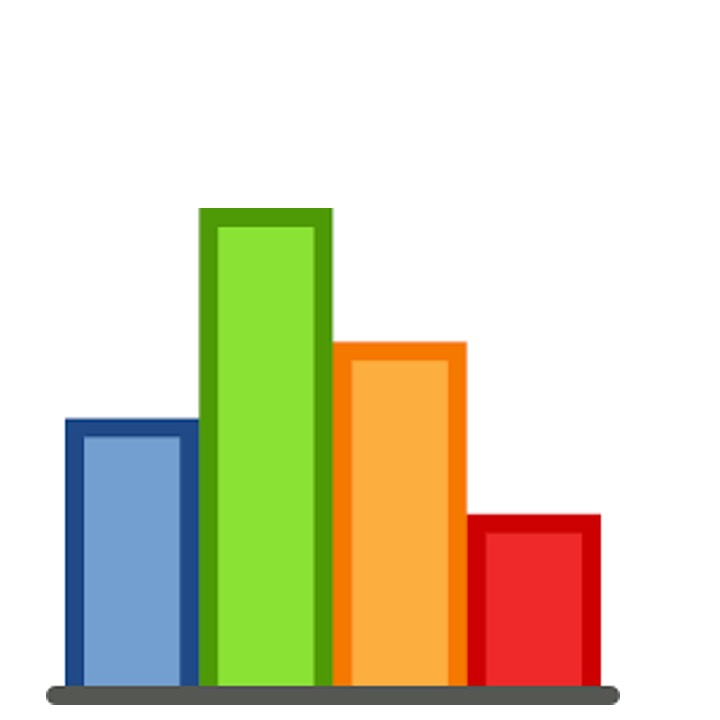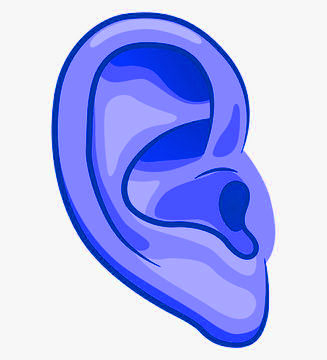Arnold Lab
What goes on in your mind when you use language? Our research seeks to answer questions about how the human cognitive system handles the information processing requirements of communication. Language use takes place in complex social contexts, and requires the rapid activation of linguistic representations and relevant contextual information. How do we do this and keep up with the fast pace of conversation? Our lab focuses primarily on questions about how language is used in context, examining both comprehension processes and production processes, in adults and children.
 |
Statistical learning at the discourse level. Do people track intersentential relations to learn about which discourse patterns are most frequent? Does this guide production and comprehension? [LEARN MORE] | |
 |
Reference Comprehension. Listeners rapidly compute the person or thing being referred to, even though words are fundamentally ambiguous. E.g., “dog” could refer to many individuals. Pronouns represent an extreme case of ambiguity. Yet people can use the context to successfully understand reference. How do they do this? [LEARN MORE] | |
 |
Predictability and language production. How do speakers make choices about how to say something? Do people design their speech primarily to make comprehension easy? Speaking also requires cognitive work – does this guide their choices? [LEARN MORE] | |
 |
Language development. How do children develop the adult skills of interpreting language in context? What role does language exposure play? How does reading guide development? [LEARN MORE] | |
 |
Language and Gender. How does gender guide pronoun production and comprehension? What guides success with using “they” as a singular pronoun? [LEARN MORE] | |